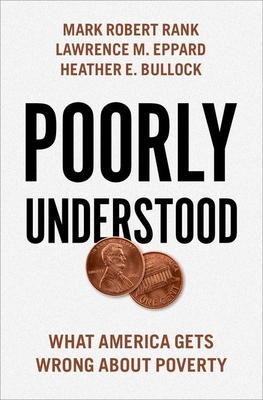Expedite your nonfiction book discovery process with Readara interviews, summaries and recommendations, Broaden your knowledge and gain insights from leading experts and scholars
In-depth, hour-long interviews with notable nonfiction authors, Gain new perspectives and ideas from the writer’s expertise and research, Valuable resource for readers and researchers
Optimize your book discovery process, Four-to eight-page summaries prepared by subject matter experts, Quickly review the book’s central messages and range of content
Books are handpicked covering a wide range of important categories and topics, Selected authors are subject experts, field professionals, or distinguished academics
Our editorial team includes books offering insights, unique views and researched-narratives in categories, Trade shows and book fairs, Book signings and in person author talks,Webinars and online events
Connect with editors and designers,Discover PR & marketing services providers, Source printers and related service providers

Poorly Understood: What America Gets Wrong about Poverty
Social Science > Poverty & Homelessness
- Oxford University Press, USA
- Hardcover
- 9780190881382
- 9.3 X 6.4 X 1.2 inches
- 1.1 pounds
- Social Science > Poverty & Homelessness
- (Single Author) Asian American
- English
Readara.com
Book Description
Few topics have as many myths, stereotypes, and misperceptions surrounding them as that of poverty in America. The poor have been badly misunderstood since the beginnings of the country, with the rhetoric only ratcheting up in recent times. Our current era of fake news, alternative facts, and media partisanship has led to a breeding ground for all types of myths and misinformation to gain traction and legitimacy.
Poorly Understood is the first book to systematically address and confront many of the most widespread myths pertaining to poverty. Mark Robert Rank, Lawrence M. Eppard, and Heather E. Bullock powerfully demonstrate that the realities of poverty are much different than the myths; indeed in many ways they are more disturbing. The idealized image of American society is one of abundant opportunities, with hard work being rewarded by economic prosperity. But what if this picture is wrong? What if poverty is an experience that touches the majority of Americans? What if hard work does not necessarily lead to economic well-being? What if the reasons for poverty are largely beyond the control of individuals? And if all of the evidence necessary to disprove these myths has been readily available for years, why do they remain so stubbornly pervasive? These are much more disturbing realities to consider because they call into question the very core of America's identity.
Armed with the latest research, Poorly Understood not only challenges the myths of poverty and inequality, but it explains why these myths continue to exist, providing an innovative blueprint for how the nation can move forward to effectively alleviate American poverty.
Author Bio
Mark R. Rank is recognized as a foremost expert on issues of poverty, inequality and social justice. His research on the life course risk of poverty has demonstrated for the first time that a majority of Americans will experience poverty at some point during their lives.
To date he has written 10 books on a range of subjects, including an exploration of the American Dream, a new understanding of poverty and inequality, and the role of luck and chance in shaping the course of our lives. In addition, he has published articles in numerous academic journals across a wide variety of fields.
Rank’s research has been reported widely throughout the news media, and cited in virtually every major newspaper in the country. He has also been featured in other media outlets including various programs on National Public Radio, NBC Nightly News, the Chronicle of Higher Education, and many others.
He has provided research expertise to members of the U.S. Senate and House of Representatives, as well as many national organizations involved in issues of economic and social justice. His work has been cited by then-President Barack Obama, as well as Senator Bernie Sanders and former Secretary of State Hillary Clinton.
Rank has developed a website, Confronting Poverty, that allows users to explore in greater depth the issues of poverty and economic inequality. The site, whose centerpiece is an innovative poverty risk calculator, is being used in universities and high schools across the country, along with various social justice and religious communities and organizations. To date, the website has over 1 million page views, and has had visitors from more than 200 countries.
Research Interests
Poverty and economic inequality
Social welfare and social policy
Demography
Life course
Education
- Ph.D. University of Wisconsin-Madison 1984
- Field of Study: Sociology
- M.S. University of Wisconsin-Madison 1980
- Field of Study: Sociology
- B.A. University of Wisconsin-Madison 1978
- Field of Study: Sociology
Source: Washington University in St. Louise
Videos








Community reviews
No Community reviews

